Uncategorized
Squid $$$ vs. The House Edge: How Much Can You Really Win?
Squid $$$ vs. The House Edge: How Much Can You Really Win?
When it comes to slot machines, there’s a common misconception that with enough spins, you can win big and rake in the dough. Many https://squidgamesite.com/ players believe that they’re one lucky spin away from hitting the jackpot and becoming an overnight millionaire. However, the reality is far more complex. In this article, we’ll delve into the world of slot machine mathematics and explore how much you can really win.
The House Edge: A Built-in Advantage
Before we dive into the specifics of slot machines, it’s essential to understand the concept of the house edge. The house edge refers to the built-in advantage that casinos have over players in every game they offer. It’s a mathematical guarantee that ensures the casino will make a profit in the long run.
In slot machines, the house edge is typically expressed as a percentage, usually between 5% and 15%. This means that for every $100 bet on a particular machine, the casino can expect to win around $5 to $15. The higher the house edge, the more money the casino will make in the long run.
The Odds of Winning: A Rare Event
To put the concept of the house edge into perspective, let’s look at the odds of winning on a slot machine. In most modern slots, there are tens of thousands to hundreds of thousands of possible outcomes for each spin. To illustrate this, imagine a standard deck of 52 cards being shuffled and dealt randomly. The chances of getting a specific hand, like a royal flush, are incredibly low – around 1 in 649,739.
Similarly, on a slot machine, the odds of hitting a particular combination or winning a jackpot are equally improbable. While it’s true that you can win big on a slot machine, the probability of doing so is extremely low.
The Math Behind Slot Machines
To understand how much you can really win, let’s take a closer look at the math behind slot machines. Most modern slots use Random Number Generators (RNGs) to generate outcomes for each spin. These RNGs are designed to produce a vast number of possible outcomes and ensure that the results are truly random.
However, even with RNGs, there’s still a subtle bias in favor of the house. This bias is known as the "law of large numbers." Essentially, it states that the more times you play, the closer your actual winnings will be to the expected value (the amount the casino expects to win). While this law doesn’t guarantee a specific outcome, it does suggest that over time, the house edge will ultimately prevail.
The Impact of Volatility
One crucial factor in slot machine mathematics is volatility. Volatility refers to how often and by how much the game’s payouts change. Games with high volatility tend to pay out less frequently but offer larger wins when they do. Conversely, games with low volatility pay out more frequently but offer smaller wins.
To illustrate this concept, imagine a slot machine that pays out 10% of its bets as jackpots every hour. On the surface, it might seem like an attractive option. However, if you play for several hours and only win a small amount each time, your overall winnings will be significantly lower than the expected value.
Winning Big: A Rare Event
While winning big on a slot machine is possible, it’s essential to understand that such events are extremely rare. Even in games with high volatility, the likelihood of hitting a jackpot or scoring a significant win is incredibly low.
To put this into perspective, imagine playing a game with a 10% house edge and a payout of $1 million for every 100 spins. To calculate your expected value, you’d need to multiply the number of spins by the house edge:
$1 million x (100 spins / $100 bet) x (0.10 house edge)
This gives you an expected value of $10,000 per $100 bet over 100 spins. While it’s true that you can win more than this amount in a single spin, the probability of doing so is extremely low.
The Reality Check: How Much Can You Really Win?
So how much can you really win on a slot machine? The answer lies in understanding the house edge and the law of large numbers. While it’s true that you can hit a significant jackpot or score a big win, the probability of doing so is extremely low.
To give you a better idea of what to expect, let’s consider some real-world examples:
- In 2011, a player won $39.7 million on a progressive slot machine at the Excalibur casino in Las Vegas.
- However, this win was an anomaly – a truly rare event that occurred due to a combination of factors, including the game’s design and the player’s betting strategy.
For most players, winning big on a slot machine is more like winning the lottery than actually playing the game. The odds are against you, and even with high-volatility games, the expected value will ultimately prevail.
Conclusion
While it’s true that you can win big on a slot machine, the probability of doing so is extremely low. Understanding the house edge and the law of large numbers is crucial to grasping the reality of playing slots. Don’t be fooled by stories of overnight millionaires or get-rich-quick schemes – the truth is that casinos have a built-in advantage.
When it comes to slot machines, the best you can hope for is to win more than your expected value over a long period of play. However, even this goal is difficult to achieve without careful research and strategy.
Ultimately, playing slots should be about entertainment rather than financial gain. By understanding the mathematics behind these games, you can appreciate their true nature and enjoy the experience for what it’s worth – fun!
